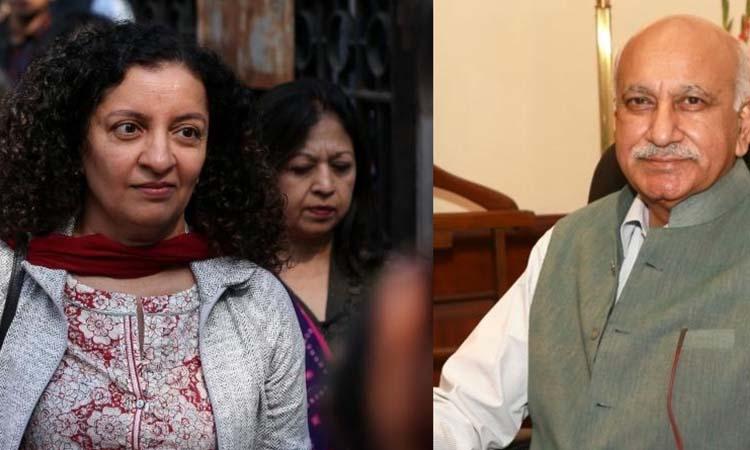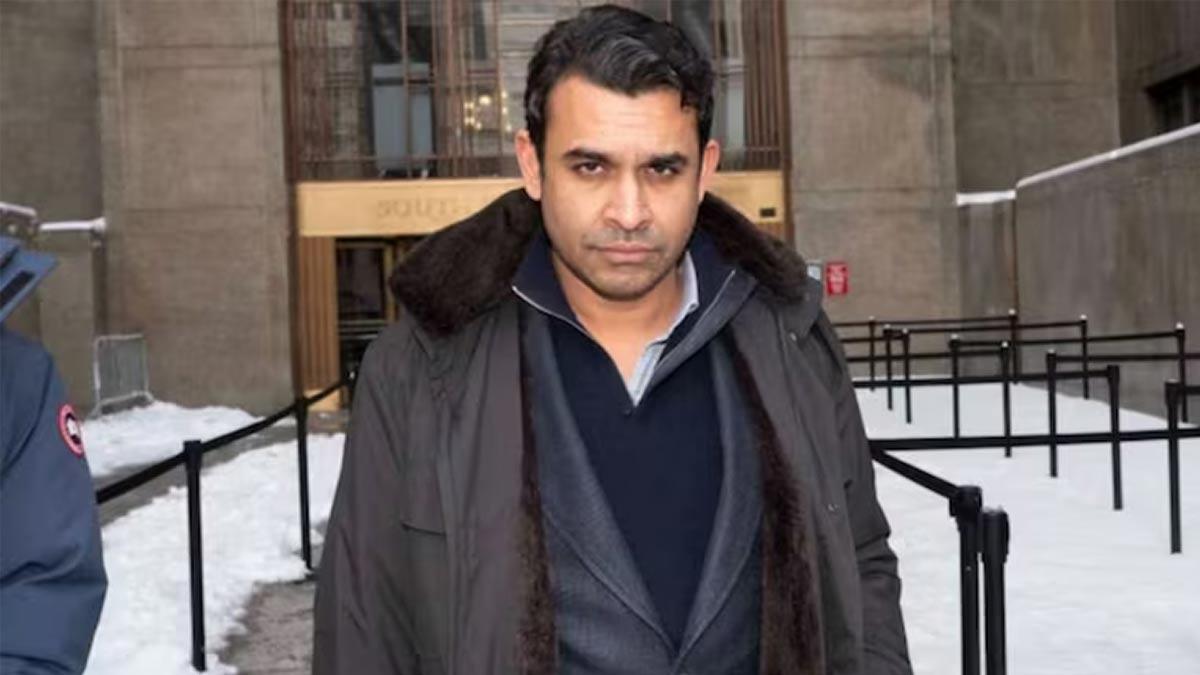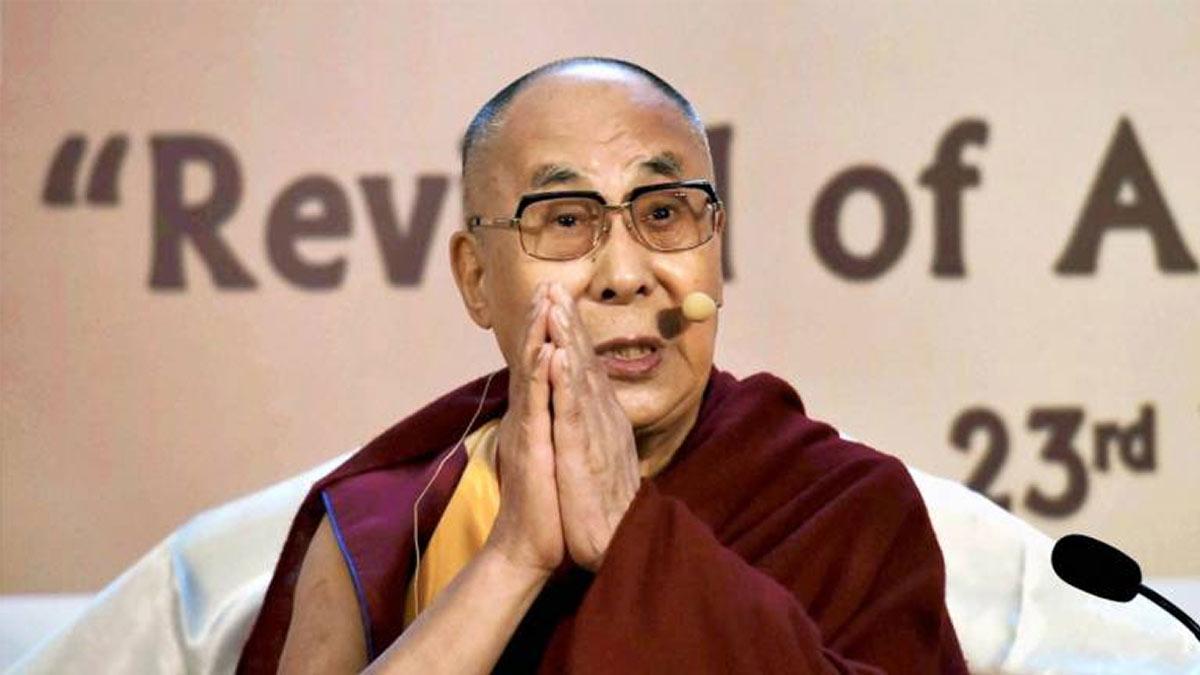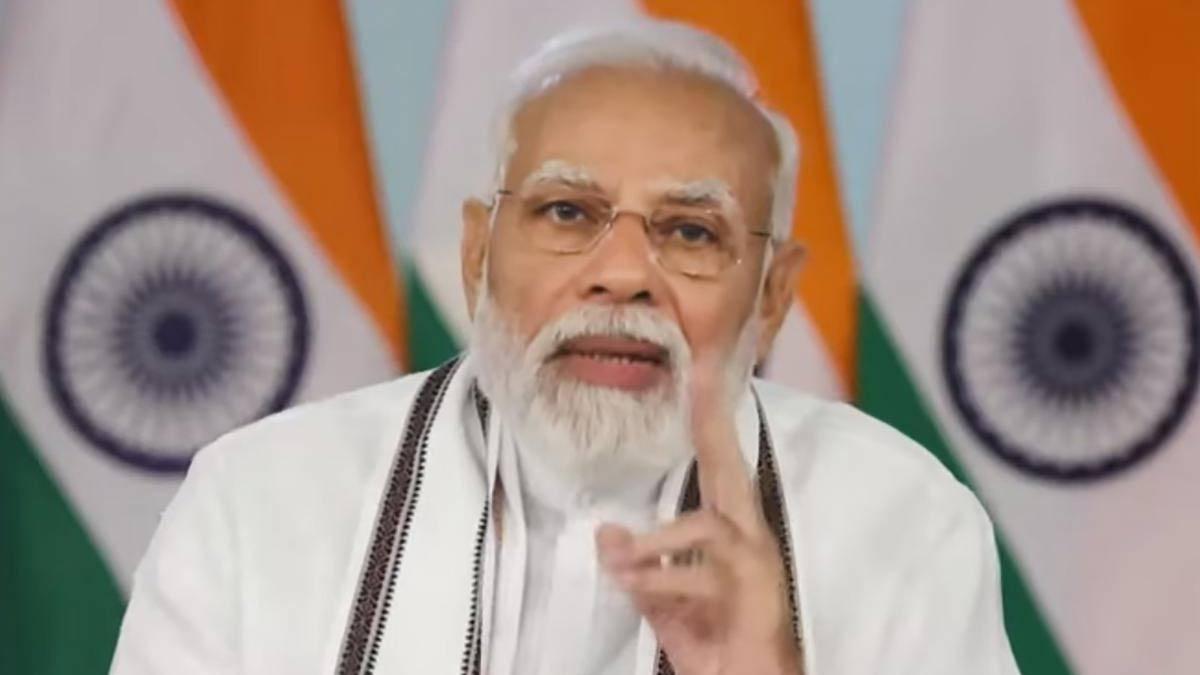The Delhi High Court will hear on May 5 a petition filed by former Union Minister M.J. Akbar against the acquittal of journalist Priya Ramani by the court in a criminal defamation case.
The matter was adjourned after the court of Justice Mukta Gupta did not assemble on Thursday. It will now be taken up in May.
On February 17, a district court had acquitted Ramani.
"The women have right to put her greviance at any platform of her choice and even after decades," Additional Chief Metropolitan Magistrate Ravindra Kumar Pandey had noted while acquitting her.
The court had further said that the right of reputation cannot be protected at the cost of the right to dignity. "Women cannot be punished for raising voice against the sexual abuse in the pretext of complaint of defamation."
In the wake of the #MeToo movement in 2018, Ramani had made an allegation of sexual harassment against Akbar.
Pursuant to this, he filed the criminal defamation case against her and resigned as the Union Minister. Trial began in 2019 and went on for almost two years.
In 2017, Ramani wrote an article for the Vogue where she described her ordeal of being sexually harassed by a former boss during her job interview for his publication.
One year later, she revealed that the person alluded to as a harasser in the article was M.J. Akbar.
Akbar told the court that Ramani's allegations were fictitious and cost him his stellar reputation. Priya Ramani, on the other hand, contested these claims, pleaded truth as her defence and said that she made allegations in good faith, public interest, and for the public good.


















